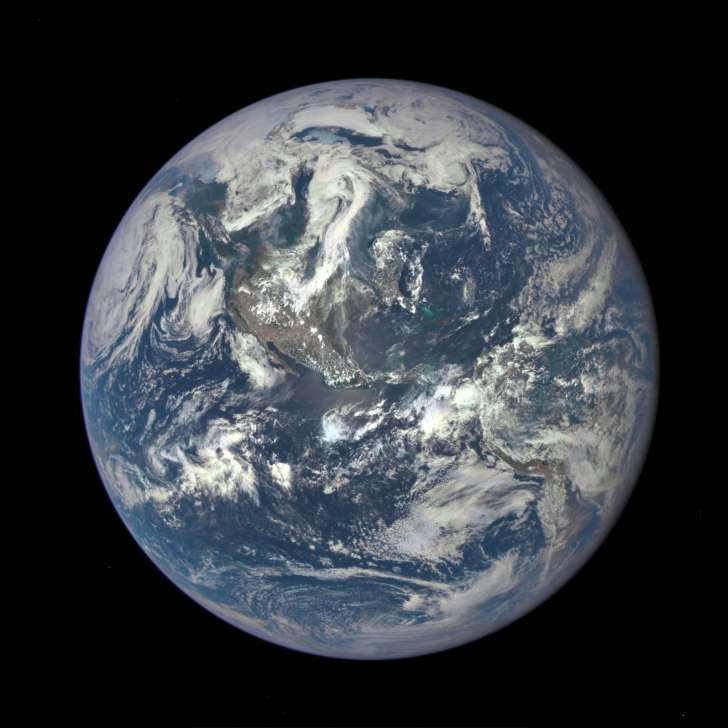900% greater.
Nick Turse, writing for Truthout, states:
"How can violence-displaced people already exceed World War II's total by almost 20 million (without even counting the nearly five million more added in the first half of 2020)?
"The answer: these days, you can't go home again."
He explains:
"In May 1945, the war in Europe came to an end. By the beginning of September, the war in the Pacific was over, too. A month later, most of Europe's displaced including more than two million refugees from the Soviet Union, 1.5 million French, 586,000 Italians, 274,000 Dutch, and hundreds of thousands of Belgians, Yugoslavs, Czechs, Poles, and othershad already returned home."
According to the UNHCR, fewer war refugees are able to resume their lives in their countries of origin.
Desertification and environmental destruction are permanent.
The hardest hit are the poor.
Leah Samberg, a research associate at the Institute on the Environment at the University of Minnesota, reports in Truthout:
"Since 2010, state-based conflict has increased by 60 percent and armed conflict within countries has increased by 125 percent. More than half of the food-insecure people identified in the UN report (489 million out of 815 million) live in countries with ongoing violence. More than three-quarters of the world's chronically malnourished children (122 million of 155 million) live in conflict-affected regions. At the same time, these regions are experiencing increasingly powerful storms, more frequent and persistent drought and more variable rainfall associated with global climate change."
Especially impacted are farmers.
Not only must they contend with dwindling resources they and their families relied on for generations; conflict can drive them off their land, destroy crops and livestock, prevent access to seed and fertilizer, make it harder to sell produce, restrict access to water, and interrupt planting and harvest cycles.
Conflict in Syria has been linked to drought-induced migration, and many Nigerian militants are drought-displaced farmers.
Ten years ago, Burkina Faso confederation of farmers president, Bassiaka Dao, informed the United Nations news agency IRIN his country's farmers have noted climate change's impacts for years, and they are worsening.
Since that time, rising temperatures and new rainfall patterns leading to flash floods following droughts have driven farmers from their villages.
(Note: You can view every article as one long page if you sign up as an Advocate Member, or higher).





